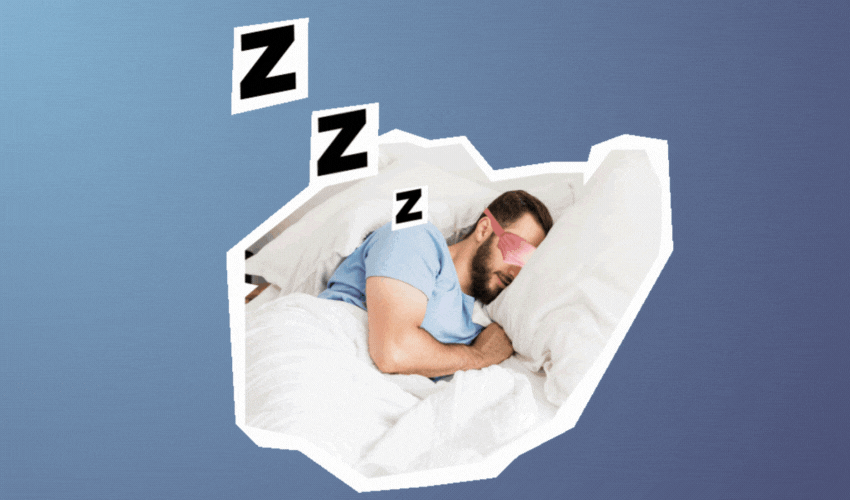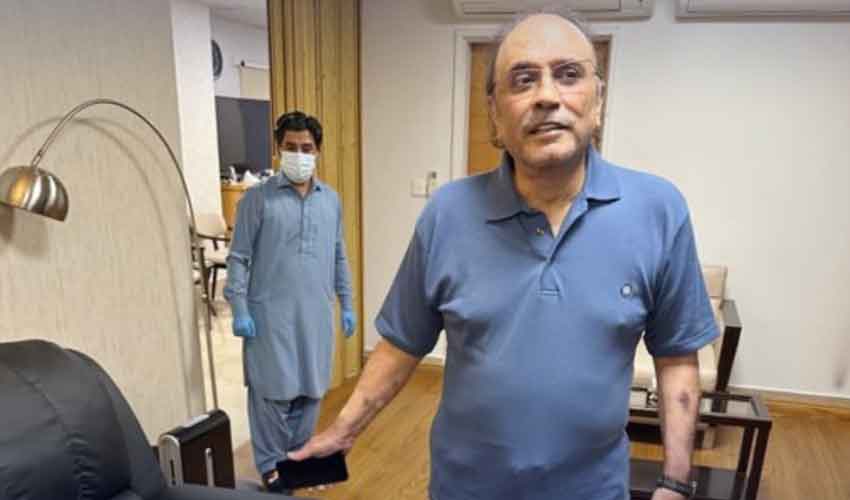In today's fast-paced world, sleep often takes a backseat to our busy lives. We tend to view sleep as a luxury rather than the biological necessity it truly is.
However, in thought-provoking findings by, Dr Matthew Walker, a sleep scientist, delved into the remarkable impact of sleep on our bodies and minds. He emphasized that sleep is not just essential; it is our superpower.
In this blog, we'll explore the key insights from Dr Walker's TED talk and delve into the profound benefits of quality sleep for both our brains and bodies.
Effects of sleep deprivation
Dr Walker begins by highlighting some astonishing facts about the consequences of sleep deprivation. Men who regularly sleep only five hours a night may experience significant reductions in testosterone levels, equivalent to aging a decade.
Similarly, women's reproductive health is adversely affected by a lack of sleep. These findings alone emphasize the importance of prioritizing sleep in our lives.
Sleep and learning
One of the fascinating revelations shared by Dr Walker is the critical role of sleep in learning and memory. Sleep is not just necessary after learning; it's also essential before learning. Before absorbing new information, our brains need to be prepared, much like a dry sponge ready to soak up knowledge.
Without sufficient sleep, our memory circuits become waterlogged, hindering our ability to learn and remember effectively.
In an illuminating study, Dr Walker and his team demonstrated that individuals who were sleep-deprived (with only four hours of sleep) exhibited a significant 40% deficit in their ability to form new memories compared to those who had a full night's sleep.
This finding has crucial implications for education, as sleep-deprived students may perform significantly worse in exams.
Role of sleep spindles
Deep sleep plays a vital role in consolidating memories. Dr. Walker's research uncovered that deep sleep is accompanied by bursts of electrical activity known as sleep spindles.
These sleep spindles act as a file-transfer mechanism, shifting memories from short-term to long-term storage in the brain, making them safe and retrievable.
Aging, Dementia, and sleep
The connection between sleep and aging is another significant revelation. As we age, the quality of our sleep tends to deteriorate, especially the deep stages of sleep.
Dr. Walker's research showed that this deterioration is closely linked to cognitive decline and memory loss in aging individuals, as well as those with Alzheimer's disease. However, there's hope on the horizon as scientists explore ways to improve deep sleep in older adults, potentially mitigating these effects.
Sleep and your body
While the impact of sleep on cognitive functions is profound, sleep's significance extends to our physical health. Dr. Walker discusses how even minor changes in sleep duration can have major effects on our bodies.
For instance, daylight saving time, which involves gaining or losing an hour of sleep, has been linked to changes in heart attack rates and car accidents.
Immune system and sleep
Sleep also plays a crucial role in maintaining a healthy immune system. Dr. Walker's research shows that just one night of restricted sleep (four hours) can lead to a 70% reduction in the activity of natural killer cells, which are essential for identifying and eliminating dangerous elements in the body.
This immune deficiency has been linked to an increased risk of various forms of cancer, including bowel, prostate, and breast cancer.
Sleep and your DNA
Perhaps one of the most surprising revelations in Dr. Walker's talk is the impact of sleep on our DNA. Sleep deprivation can result in the distortion of gene activity, with some genes associated with immune function being switched off, while others linked to tumor promotion, inflammation, and stress are switched on.
This finding highlights the comprehensive impact of sleep on our overall wellness.
Tips for better sleep
As Dr. Walker concludes his talk, he offers valuable tips for improving the quantity and quality of sleep. He emphasizes the importance of regular sleep patterns, going to bed and waking up at the same times, even on weekends.
Additionally, keeping the bedroom cool (around 65 degrees Fahrenheit or 18 degrees Celsius) helps facilitate the body's natural temperature drop required for initiating and maintaining sleep.
Conclusion
In conclusion, Dr Matthew Walker's TED Talk sheds light on the incredible importance of sleep. It's not just a luxury or a minor inconvenience to be sacrificed for productivity; it's our superpower. Sleep is intricately linked to our brain functions, immune system, DNA, and overall health.
Recognising the critical role of sleep and prioritizing it in our lives is essential for our well-being. In a world where sleep deprivation is becoming an epidemic, it's time to reclaim our right to a full night of restful sleep and unlock the superpower within us.



























